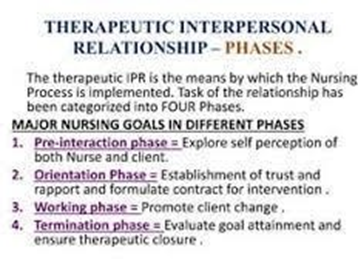The nurse is administering medications to a client with a diagnosis of depression. The nurse would expect to see which medication was ordered for this client.
Crestor (Rosuvastatin)
Seroquel (Quetiapine)
Paxil (Paroxetine)
Latuda (Lurasidone)
The Correct Answer is C
Choice A rationale: Crestor (Rosuvastatin) is a statin used for lowering cholesterol levels, not for treating depression.
Choice B rationale: Seroquel (Quetiapine) is an atypical antipsychotic used for various mental health conditions such as schizophrenia, bipolar disorder, and major depressive disorder. However, it is not a first-line treatment for depression.
Choice C rationale: Paxil (Paroxetine) is an antidepressant commonly used in the treatment of depression and other mood disorders. It belongs to the selective serotonin reuptake inhibitor (SSRI) class of medications.
Choice D rationale: Latuda (Lurasidone) is an atypical antipsychotic used in certain psychiatric conditions such as schizophrenia and bipolar depression but is not typically a first-line treatment for depression.

Nursing Test Bank
Naxlex Comprehensive Predictor Exams
Related Questions
Correct Answer is B
Explanation
Choice A rationale: this is the phase where the caregiver and client establish a rapport by introducing themselves while clarifying their roles and expectations. The caregiver also explains the purpose, scope, and limits of the services they provide.
Choice B rationale: the preparation phase occurs before the client and the caregiver meet and involves the care provider reviewing the client’s information, identifying their needs, and planning for their first contact.
Choice C rationale: This is the phase where the caregiver and the client end the therapeutic relationship, evaluate the outcomes, and plan for follow-up or referral.
Choice D rationale: this phase involves the caregiver and the client implementing interventions, monitoring their progress, and modifying their goals as needed to achieve their set objectives.


Correct Answer is D
Explanation
Choice A rationale: this may imply that the client is not cooperating and may make them feel guilty thus discouraging any further communication which may be useful in generating a treatment plan for the patient.
Choice B rationale: assuming that the client has completed her conversation is incorrect since it is an opportunity to explore the client’s feelings and thoughts that may be missed.
Choice C rationale: this is not the best action since it may interrupt the client’s natural process of reflection and expression while pressuring him/her to respond to the questions asked.
Choice D rationale: remaining silent and being attentive to the client’s nonverbal communication shows respect for the client’s pace and readiness to speak.
Furthermore, it demonstrates the nurse’s presence and their support.
Whether you are a student looking to ace your exams or a practicing nurse seeking to enhance your expertise , our nursing education contents will empower you with the confidence and competence to make a difference in the lives of patients and become a respected leader in the healthcare field.
Visit Naxlex, invest in your future and unlock endless possibilities with our unparalleled nursing education contents today
Report Wrong Answer on the Current Question
Do you disagree with the answer? If yes, what is your expected answer? Explain.
Kindly be descriptive with the issue you are facing.
